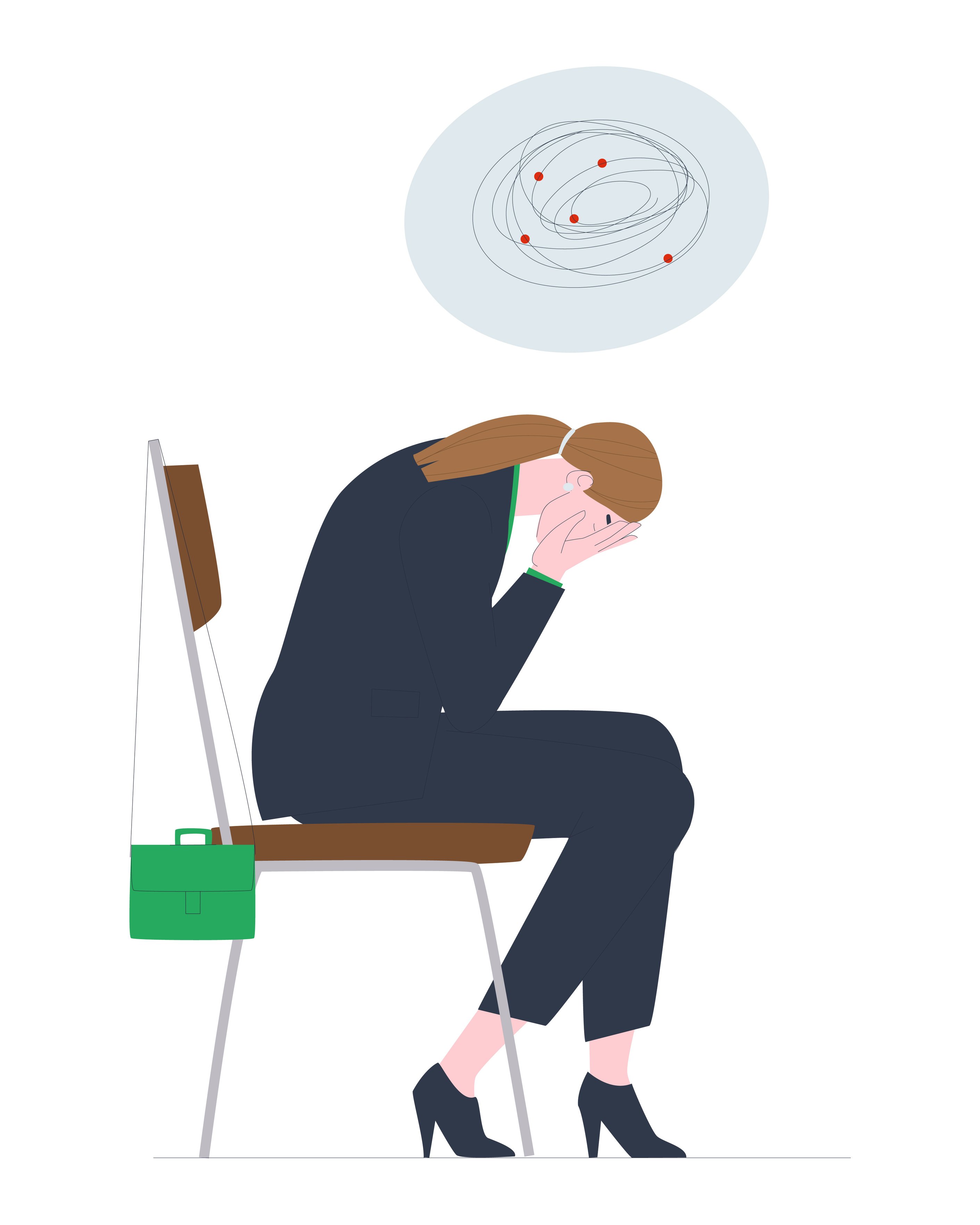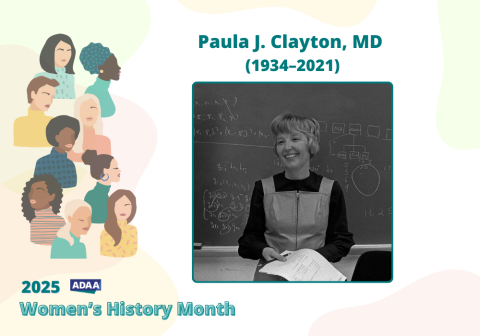Facing the Uncertainty of Job Insecurity
Facing the Uncertainty of Job Insecurity

One of the most worrisome situations that anyone with a job can face is the awareness that your employment might end through no fault of your own. What can you do when your employer announces cutbacks, layoffs, profit loss or restructuring that eliminates your department? How do you cope when you realize your history of good performance reviews no longer protects you from job loss? If you add in the pressure of uncertain economy that makes employers reluctant to hire, then you know finding a new job can be daunting. If you are not careful, worry and even panic attacks can become your constant companion, robbing you of sleep and peace of mind. The good news is that you can coach yourself to become resilient in the face of great uncertainty and alarming news, even when you have the misfortune of job loss. Here are some helpful suggestions from science to help avoid unnecessary mental distress.
Worry is a response to uncertainty in which your mind tries to eliminate narrow the field of options by taking a better safe than sorry approach of focusing only on the worst-case scenario. Instead of saying, “What if I can’t find a new job?” or “What if this time off gives me the chance to re-examine my life goals?” your mind thinks, “What if I never find another job, become bankrupt and end up homeless?” Worry overlooks the facts that your most recent employer found you worthwhile, hired you and paid you for your work. It overlooks that fact that you developed skills from being employed that are valued by other employers. It assumes the worst about you, the job market and the future without any factual basis. Your brain also cannot tell the difference between real and imagined fears, so every time you worry, your body reacts with alarm. This false alarm signal can trick you into believing your worries are merited and you accidentally begin to respond to the worry instead of the real problem, which is “How do I find a new job? How do I protect myself in this time of job insecurity?” For example, worry might say, “The economy is bad, everyone else like me is getting laid off so what if I cannot find a job?” A resilient mindset says, “There are ways to find a new job and ways to make money. If I found a job before, then I can do it again.”
Worry also looks for reassurance as a quick fix to uncertainty by researching information on the Internet or from others to try and see whether it is as bad as your worry suggests. The problem with reassurance seeking is that reading about daily layoffs, economic downturns, and other alarming news does not inspire anyone to find ways to get hired. It sets you up for enhancing your worry and giving up. Your best bet is to take risks and to try anything you can to find new work. Science shows the risk takers end up being the winners in life. Risk takers believe they are the ones who can get to a better future, even when they do not know how to get there.
The goal for good coping is to recognize there is opportunity in uncertainty and to radically accept the inherent struggle as necessary and useful. It also helps to ask yourself, “Why not me?” instead of getting stuck in the anxious and depressive self-doubt of “Why me?” Sadness, grief, and self-pity are normal immediate responses to the threat of job loss. They do not, however, lead to healthy coping because they prevent you from experiencing your courage, strength and ability to grow despite difficulties. They deceive you into believing falsehoods about your ability to find another job or to find a job you value. You need to affirm your worth as an employee by believing you are someone’s next lucky good hire. You need to recognize that your worry tells you a false tale of hopelessness or powerlessness and therefore is never worth believing.
Lastly, you need to be kind to yourself. This is the time to recognize that worry siphons off energy and drains your emotional reserves. Making the time to get adequate sleep, exercise, and to eat healthy foods repairs and restores your body’s ability to manage distress. It is not the time to use alcohol or other substances to relax, since the side effects of these erode your overall ability to cope. Instead, escape into a good book, spend time with friends, volunteer or take up a new hobby to remind yourself of who you are in addition to your work.




















